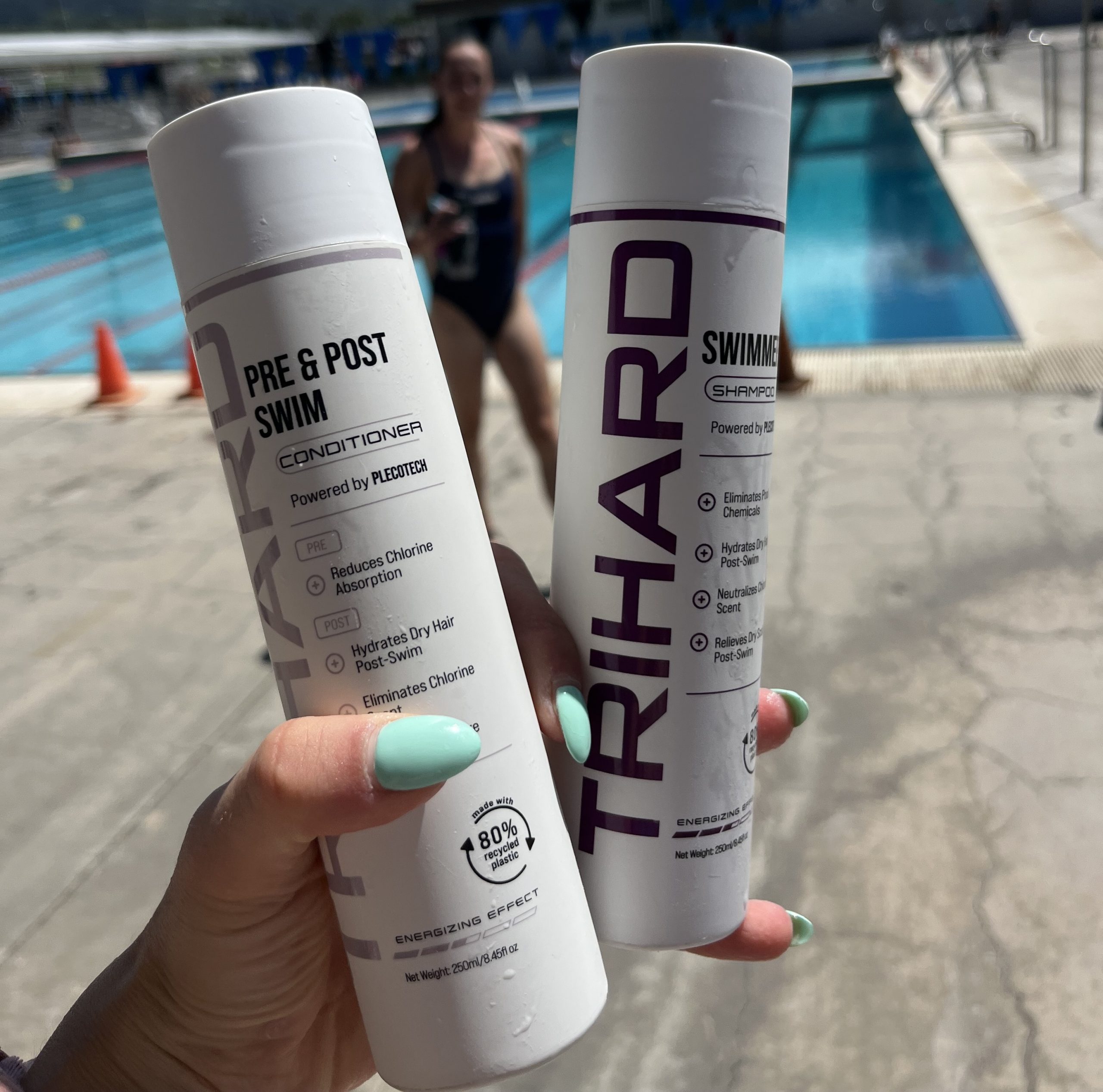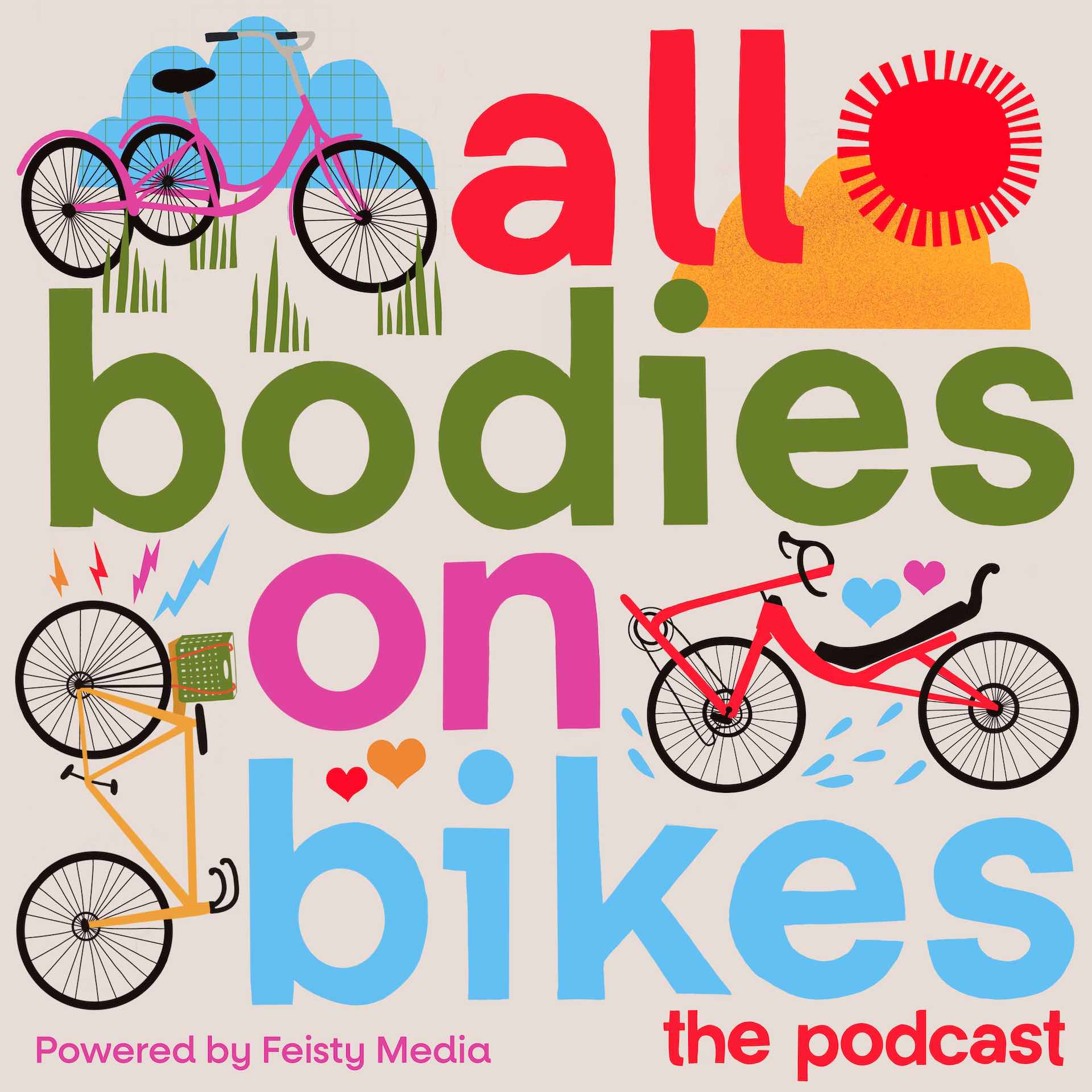January 14, 2021
A Guide to Coaching a B-Type Triathlete… Psych!

Feisty writer, triathlete and occupational therapist Jessica VandenBussche is back to remind us that no matter how some personality traits are defined, or how machine-like our training execution can be; triathletes are people, and people don’t generally fit well in boxes.
By: Jessica VadenBussche
People joke that the classic triathlete has an A-type personality. The stereotype is that they are very detail-oriented, internally-motivated, and high-achieving in all aspects of life. But how about the others? The ones who show up and have a good time but whom you think could do so much better if they applied themselves?
Enter B-type personalities: a reflective, big-picture bunch who can sometimes gets sh*t on (or worse, disregarded) because they don’t look like they try hard enough.
Thankfully, B-Types can handle a lot of sh*t. And the truth is, they might be trying really hard for something else; like enjoyment, self-discovery or connection. Or maybe they also want to win but need a different kind of help along the way. With their different natural tendencies, skills, and challenges, do these people need different coaching strategies? I caught up with endurance sports coach Emma Briggs, of Endurance Explorers, to find out.
Emma has been coaching endurance athletes as her main gig for four years, and has been doing triathlon for 13. Prior to coaching, Emma worked in a management role at the British Consulate in Chicago. She managed people doing consular work as well as those working with companies (two very different groups of people, she assures me).
Initially when asked to speak to the needs of Type A versus Type B athletes, Emma had a hard time because, she said, “It’s all about dealing with the person that they are rather than someone who fits in the box.” Fair enough. She related coaching to managing people in that working with each person is a unique opportunity to understand them and how to help them be more successful in their goals.
It was also difficult to think of patterns for what people with B-type personalities might need, because less of those athletes tend to seek out coaching. When discussing her athletes, Emma said that although they all have different preferences, “Overwhelmingly triathletes (that she coaches) are interested to some degree in the data, some more than others.” “Most are Type A, trying to juggle family, stressful jobs and big goals in sport and wanting to do everything well.” And this is often at the sacrifice of healthy lifestyle and recovery habits such as nutrition and getting enough sleep. According to Emma’s experiences, “90% need saving from themselves.”
Considering popular cultures, stereotypes that exist for a reason, and this coaching interview with Emma, evidence is mounting that there really are a hell of a lot of A-type personalities in triathlon. Personal experience, this case study, and testimonials (thanks for those btw), also tells us though that there are a lot of B-type personalities in the sport. So do B-Typers just not need or flourish with coaching? Do they care less and so not invest in resources? Are they safer than the A-types when left to their own devices? Or is it just harder for us to find a good fit considering the current default?

“Thankfully, B-Types can handle a lot of sh*t. And the truth is, they might be trying really hard for something else; like enjoyment, self-discovery or connection.”
Personally, I had a brief one-to-one coaching stint and felt very constrained by needing to follow instructions every day. How could someone who has known me – even for years – know better than I about what is best for my body and soul?
Emma, and other coaches I have spoken with since, offered the perspective that even if athletes know themselves best, they often are not truly honest with themselves. Although this observation may or may not be personality-related, my guess is that we could all use a little “saving from ourselves” in this respect.
Not wanting to leave me empty-handed for this article, Emma was able to think of an example of an athlete she has coached who leaned more toward B-Type personality preferences. This athlete is incredibly high-achieving in both her career and endurance sport accomplishments; she is a physician and Boston Marathon qualifier with a history in collegiate running. Rather than over-reaching, Emma mentioned this athlete had a tendency of self-sabotage, including “sandbagging,” potentially afraid of learning how good she could become. Does that sound familiar?
This athlete did push her comfort zone though, by signing up for a 5-day mountain bike stage race as a means to get back into a routine of consistent training. She hired Emma for help with her training plan, but as we know, coaches do a lot more than prescribe workouts. Emma recognized the opportunity to help with mountain bike skills, race fueling, daily nutrition, strength work and promote the confidence needed to approach her athletic potential. Provided with this guidance and enough flexibility in her plan, the athlete was able to remain healthy while training, for the first time in years. Emma reflected “She is certainly the least data driven and Type A of all the athletes I have coached but in many ways has been one of the most rewarding. She has been completely committed to the process without following a very strict plan and, as a result, has made huge progress as an athlete.”
So maybe there is a coach out there for us somewhere!
Rather than describing training plan adjustments to suit a more B-type personality, Emma suggested choosing a coach who is flexible enough to work with your various needs, preferences, values etc. Even if more existing coaching traditions are suited to A-type personalities, it does not mean the solution is to create similar dogmas for the B-types. Rather, it sounds like there is no shortcut to the process of getting to know a coach and letting them get to know you.
While there may be a need for more catering for B-type personalities in triathlon coaching, we need to remember is that no matter how some personality traits are defined, or how machine-like our training execution; triathletes are people, and people don’t generally fit well in boxes.
*****
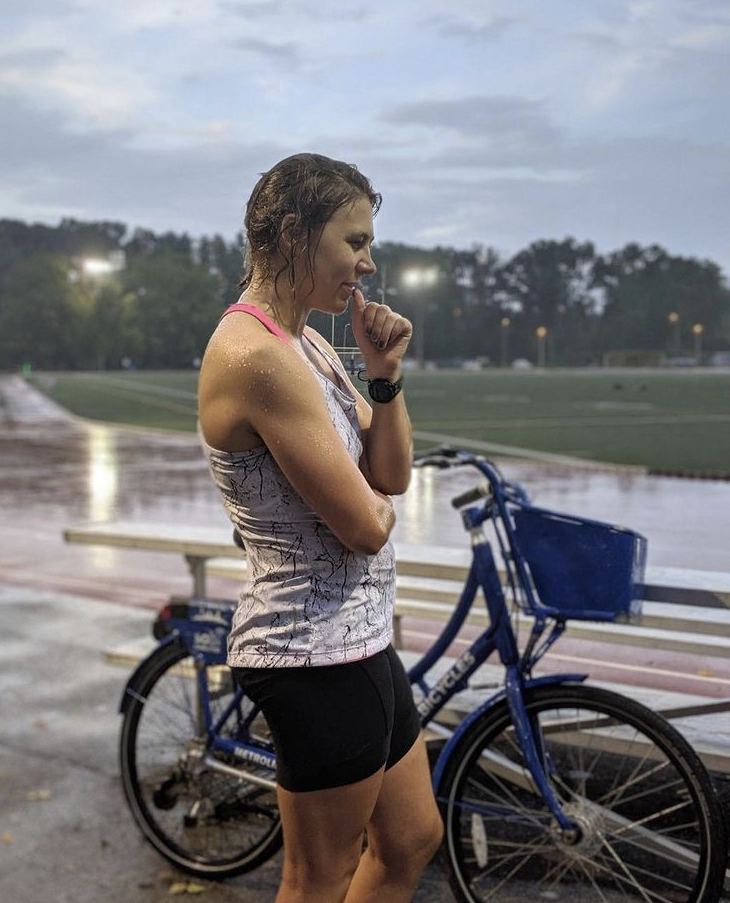
Jessica has been dabbling in triathlon for almost 10 years, along with other sports like hockey (her first love). She transitioned to structured triathlon training a couple years ago and is enjoying that process. Outside of triathlon, she works as an Occupational Therapist in Ontario, enjoys research, and promoting sustainable physical activity as a means toward mental health and vibrant communities. To her, it’s a way of showing love to the community she loves so much!
Follow Jessica:
@jessv.ot
vandenbussche.jessica@gmail.com
www.doingbetter.ca
Follow Coach Emma:
emma@endurnaceexplorers.com
www.enduranceexplorers.com
@enduranceexplorers


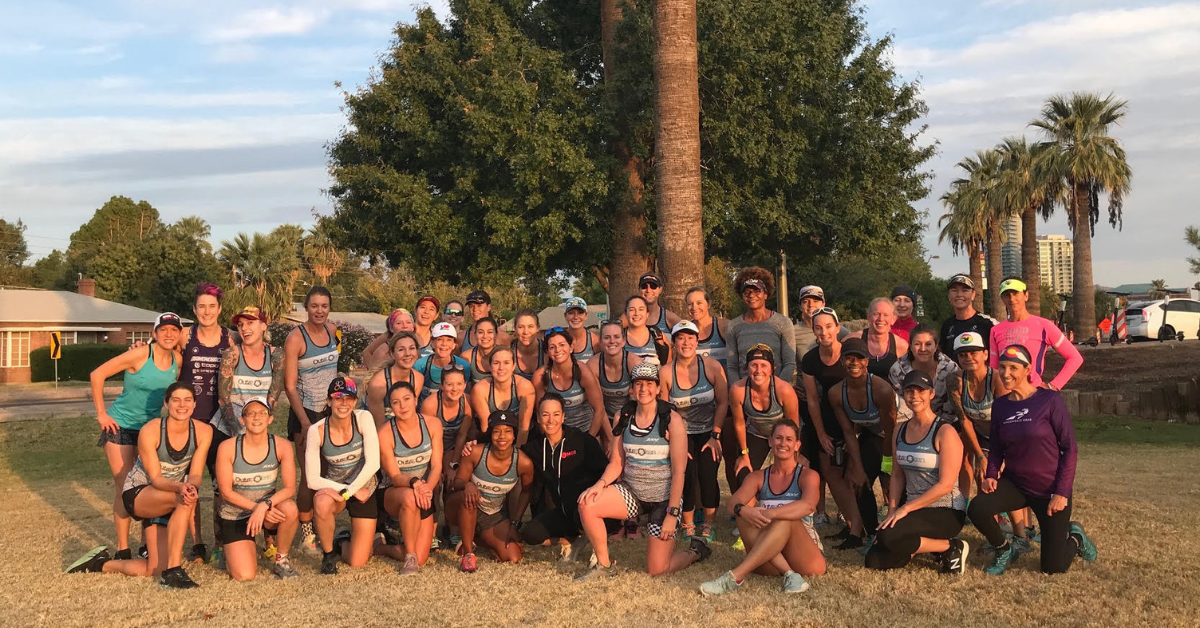 Outspoken Women in Triathlon Summit Returns Bigger than Ever
Outspoken Women in Triathlon Summit Returns Bigger than Ever  Driving the Lamborghini: Productivity and the Power of Paper
Driving the Lamborghini: Productivity and the Power of Paper 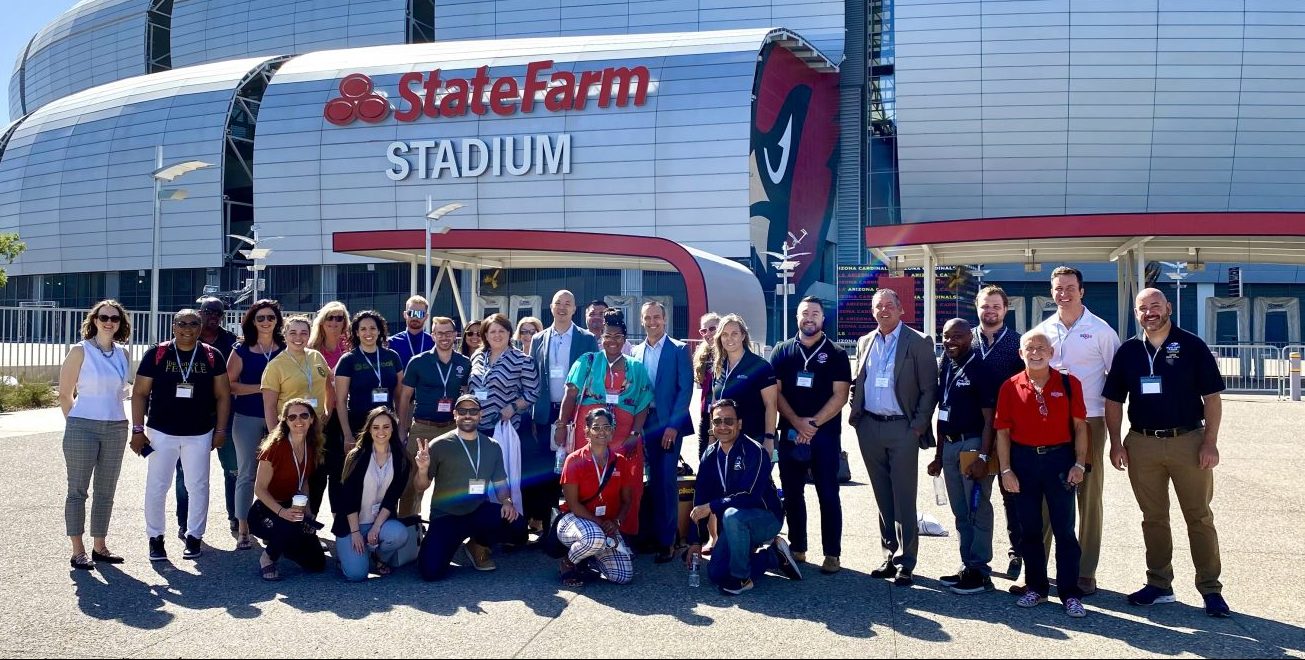 5 take aways from the Compete Sports Diversity Summit
5 take aways from the Compete Sports Diversity Summit  Simple Tips to Hone Your Bike Handling Skills
Simple Tips to Hone Your Bike Handling Skills 